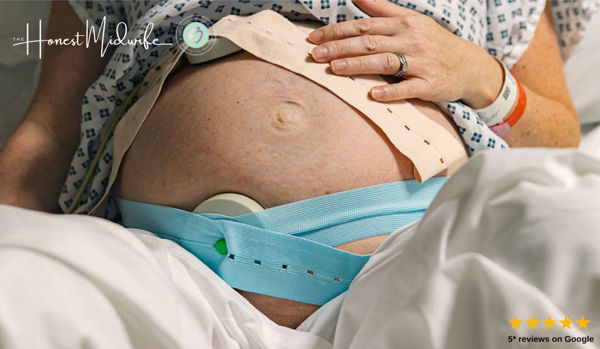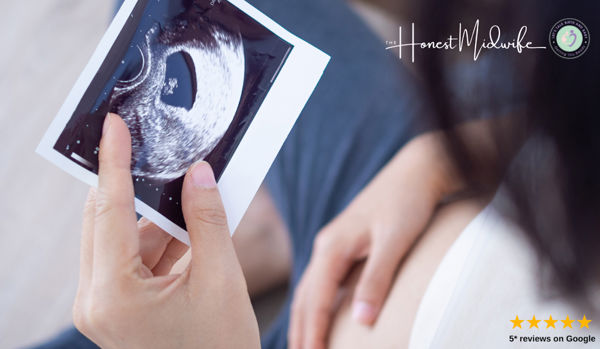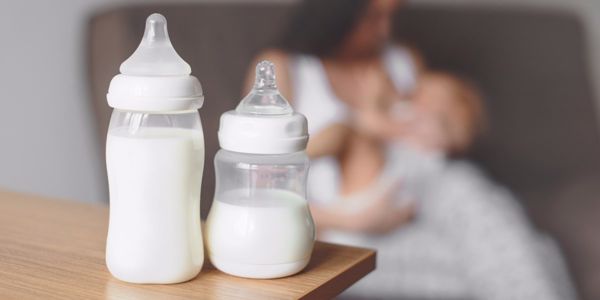Breastfeeding is natural, healthy, and free -- all great reasons to celebrate it during World Breastfeeding Week, which takes place from August 1-7. The awareness campaign is run every year by the World Alliance for Breastfeeding Action, and it's focused on the important role that breastfeeding can and does play in promoting good public and global health.
This year's campaign is all about environmental sustainability and breastfeeding. Breast milk is considered a green food source, as it doesn't produce waste or chemical byproducts and isn't exposed to them during production. On the flip side, formulas, bottles, and other items have a larger carbon footprint, creating waste and contributing to the release of greenhouse gases.
As the campaign grows, one of the main focuses is eliminating issues that can make sustainable development difficult or impossible. Issues like poverty, hunger, lack of public health resources, lack of education, gender inequality, and lack of good jobs don't just impact the well-being of a region, they can also impact a mother's ability to breastfeed her child according to the WHO and UNICEF's recommendations.
Join Louise Broadbridge, senior midwife & the face of instagram's @thehonestmidwife for a live, online class preparing you and your partner for natural labour, birth and beyond. Enjoyed by 1000's of expectant parents like you.
This disparity of resources is called 'breastfeeding inequality', and the statistics are quite a bit shocking. Here are some facts about breastfeeding inequality:
- Mothers in different parts of the same country may lack opportunities: Even in developed countries like the United States, breastfeeding rates can vary a great deal between economic areas. 93% of mothers from California, a wealthier state, choose to breastfeed their babies. In comparison, only 56% of mothers from the far poorer state of Louisiana are able to do so.
- Poverty is a factor regardless of geographic area: The World Health Organization and UNICEF both recommend that babies be exclusively breastfed for their first six months of life. At the six month mark, 68% of wealthy mothers were found to still be breastfeeding their babies, while only 38% of mothers living below the poverty line were doing so.
- Support from a partner is a big factor: Financial support, home support, and care for other children can all impact a mother's ability to breastfeed. While 60% of married mothers were found to still be breastfeeding their babies at the six month mark, only 29% of single mothers were doing so.
Your questions answered live by senior midwife Louise Broadbridge. A workshop covering what to expect in the early days, coping with morning sickness and planning for your first antenatal appointment.
The intent in bringing these numbers to light isn't to bring shame to any mamas for their situation or their choice. In fact, it's a good indication that a shift needs to be made away from the judgmental breast-or-bottle debate and on to the importance of eliminating breastfeeding inequality. In order for all mothers to be able to make this all-important decision on their own, obstacles to successful breastfeeding must be removed. Some common examples include:
- Jobs which don't offer mothers access to paid maternity leave, or appropriate breaks when pumping milk is necessary
- A lack of postpartum support in hospitals, including providing lactation consultants to new moms
- Diminished community and familial support for breastfeeding, leading to a lack of advice and positive reinforcement
So, during World Breastfeeding Week and going forward, help shift the conversation away from the "mommy wars" and on to how we can all contribute to a more breastfeeding-friendly world.






